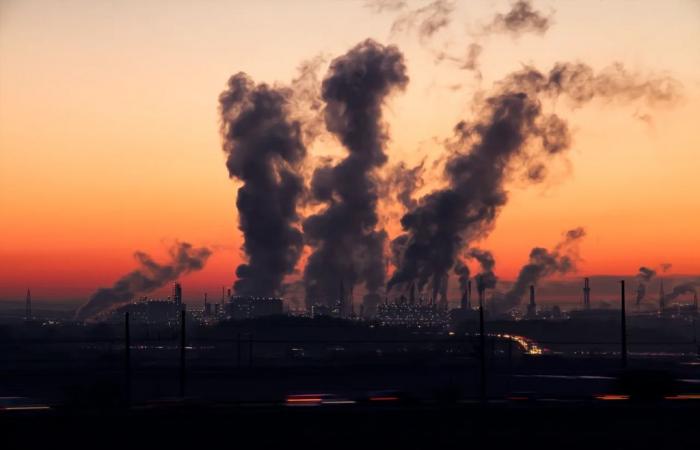As part of the 2025 budget, the government tabled an amendment to support the decarbonization of industry, a commitment of 1.55 billion euros. Objective: reduce greenhouse gas emissions to secure national and European objectives for 2030, while strengthening the competitiveness of French industry, which is highly exposed to international competition.
Achieving the 2030 climate goals
The government announced an amendment to the 2025 finance bill, intended to strengthen the decarbonization actions of French industry with a budget of 1.55 billion euros. The Minister of the Economy, Antoine Armand, underlined the importance of this financing in a statement to AFP, affirming that “ decarbonizing our industry is an essential part of our economic strategy “. This initiative, presented as a step forward in budgetary policy, aims to support key projects for cleaner, less carbon-emitting local production.
The financial system aims to guarantee that France achieves its 2030 climate objectives, consistent with European commitments. Among the targeted sectors are the production of batteries and electrolyzers, as well as infrastructure for CO₂ capture and wind fields. The challenge of this initiative is to reduce the dependence of French industrial sites on carbon energy sources, while ensuring their sustainability in a competitive international context. “ This amendment should make it possible to secure the presence of industrial sites in high-emitting sectors. », specifies the text.
A crucial need for competitiveness
In addition to the ecological dimension, this amendment also meets competitiveness requirements. French industries, particularly in the automotive and chemical sectors, face competition from countries like China, whose overcapacity leads to a drop in prices. This economic pressure, combined with high energy costs, is pushing many companies to consider job cuts. For the authorities, this public aid is also a response to the lack of competitiveness recently denounced by Florent Menegaux, CEO of Michelin, who regrets that French and European industry suffers from higher wage and energy costs than their competitors.
This investment of 1.55 billion euros is only part of a broader budgetary effort. At the end of last year, Emmanuel Macron proposed a decarbonization pact to the 50 French industrial sites with the highest CO₂ emissions, promising to double public aid to 10 billion euros. However, only 4 billion euros have been allocated so far, an amount considered insufficient by the signatories of a column published in “La Tribune Dimanche”, asking the government to respect its commitments.
According to the Ministry of the Economy, this envelope should make it possible to support industrial projects still in the design phase, while promoting the emergence of a clean technology sector in France.






